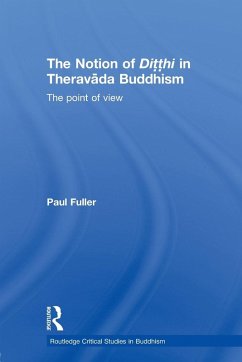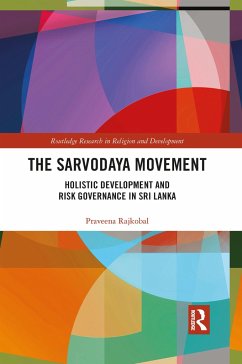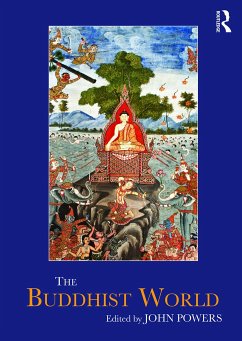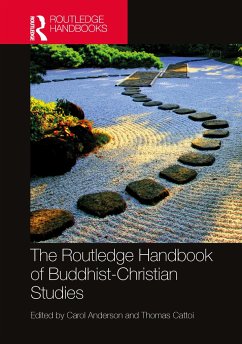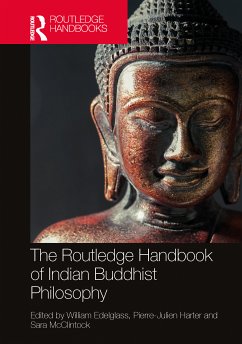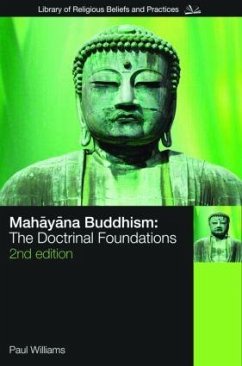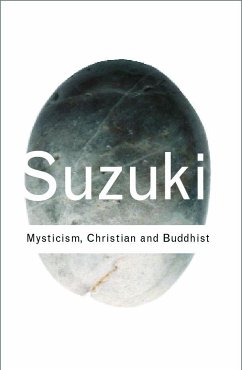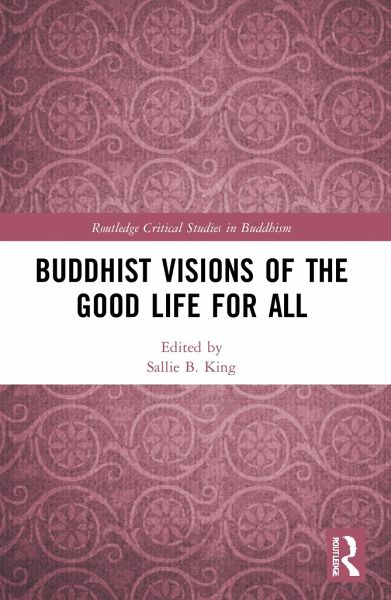
Buddhist Visions of the Good Life for All
Versandkostenfrei!
Versandfertig in 6-10 Tagen
43,99 €
inkl. MwSt.
Weitere Ausgaben:

PAYBACK Punkte
22 °P sammeln!
This book highlights what Buddhism has to offer for "living well" here and now-for individuals, society as a whole, all sentient beings and the planet itself.From the perspectives of a variety of Buddhist thinkers, the book evaluates what a good life is like, what is desirable for human society, and ways in which we should live in and with the natural world. By examining this-worldly Buddhist philosophy and movements in India, Sri Lanka, Bhutan, the Tibetan diaspora, Korea, Taiwan, Japan and the United States, the book assesses what Buddhists offer for the building of a good society. It explor...
This book highlights what Buddhism has to offer for "living well" here and now-for individuals, society as a whole, all sentient beings and the planet itself.
From the perspectives of a variety of Buddhist thinkers, the book evaluates what a good life is like, what is desirable for human society, and ways in which we should live in and with the natural world. By examining this-worldly Buddhist philosophy and movements in India, Sri Lanka, Bhutan, the Tibetan diaspora, Korea, Taiwan, Japan and the United States, the book assesses what Buddhists offer for the building of a good society. It explores the proposals and programs made by progressive and widely influential lay and monastic thinkers and activists, as well as the works of movement leaders such as Thich Nhat Hanh and Dr. B. R. Ambedkar, for the social, economic, political and environmental systems in their various countries.
Demonstrating that Buddhism is not solely a path for the realization of nirvana but also a way of living well here and now, this book will be of interest to researchers working on contemporary and modern Buddhism, Buddhism and society, Asian religion and Engaged Buddhism.
From the perspectives of a variety of Buddhist thinkers, the book evaluates what a good life is like, what is desirable for human society, and ways in which we should live in and with the natural world. By examining this-worldly Buddhist philosophy and movements in India, Sri Lanka, Bhutan, the Tibetan diaspora, Korea, Taiwan, Japan and the United States, the book assesses what Buddhists offer for the building of a good society. It explores the proposals and programs made by progressive and widely influential lay and monastic thinkers and activists, as well as the works of movement leaders such as Thich Nhat Hanh and Dr. B. R. Ambedkar, for the social, economic, political and environmental systems in their various countries.
Demonstrating that Buddhism is not solely a path for the realization of nirvana but also a way of living well here and now, this book will be of interest to researchers working on contemporary and modern Buddhism, Buddhism and society, Asian religion and Engaged Buddhism.





